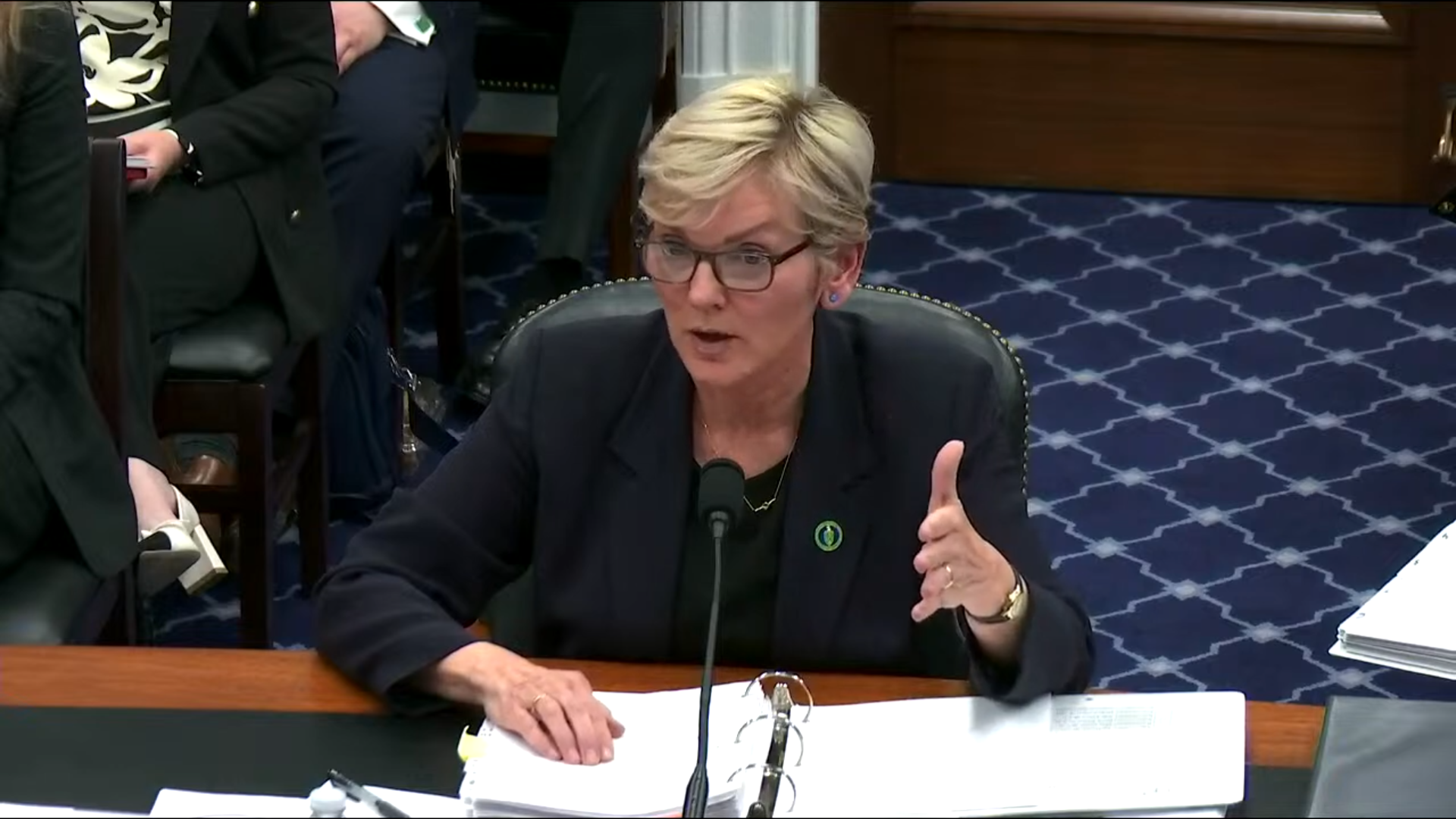
RadWaste Monitor Vol. 17 No. 12
Visit Archives | Return to Issue PDF
Visit Archives | Return to Issue PDF
RadWaste & Materials Monitor
Article 1 of 8
March 22, 2024
Secretary of energy hopeful for fast Russian uranium ban

The Department of Energy will “move with alacrity” to jumpstart a new civilian uranium refining industry once Congress bans imports of Russian uranium to unlock billions in funding, Secretary of Energy Jennifer Granholm told lawmakers today.
“[H]opefully…
Partner Content